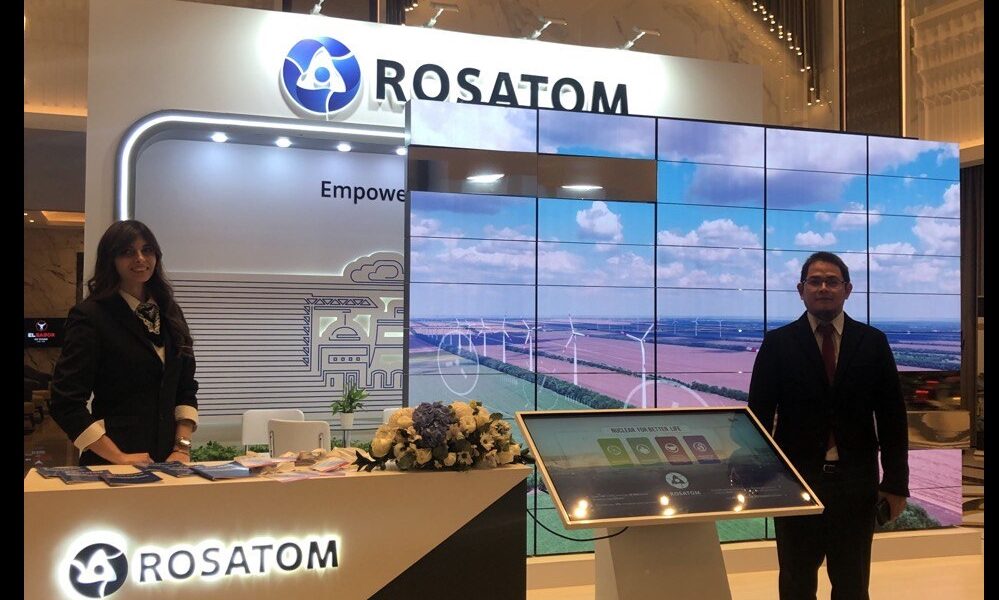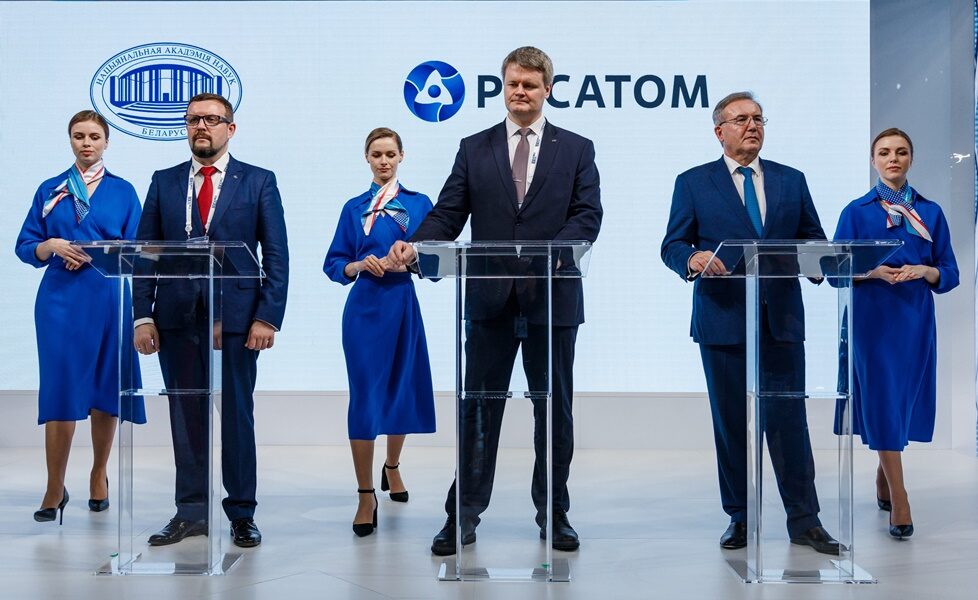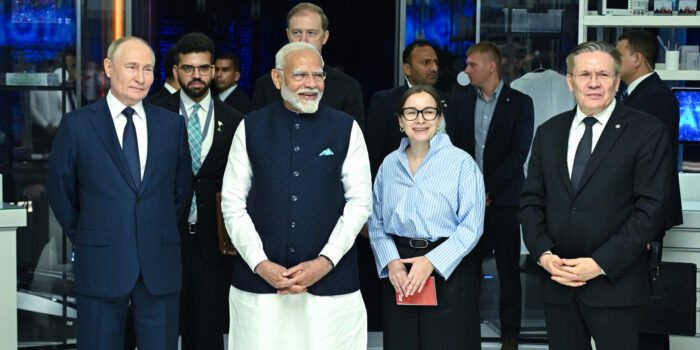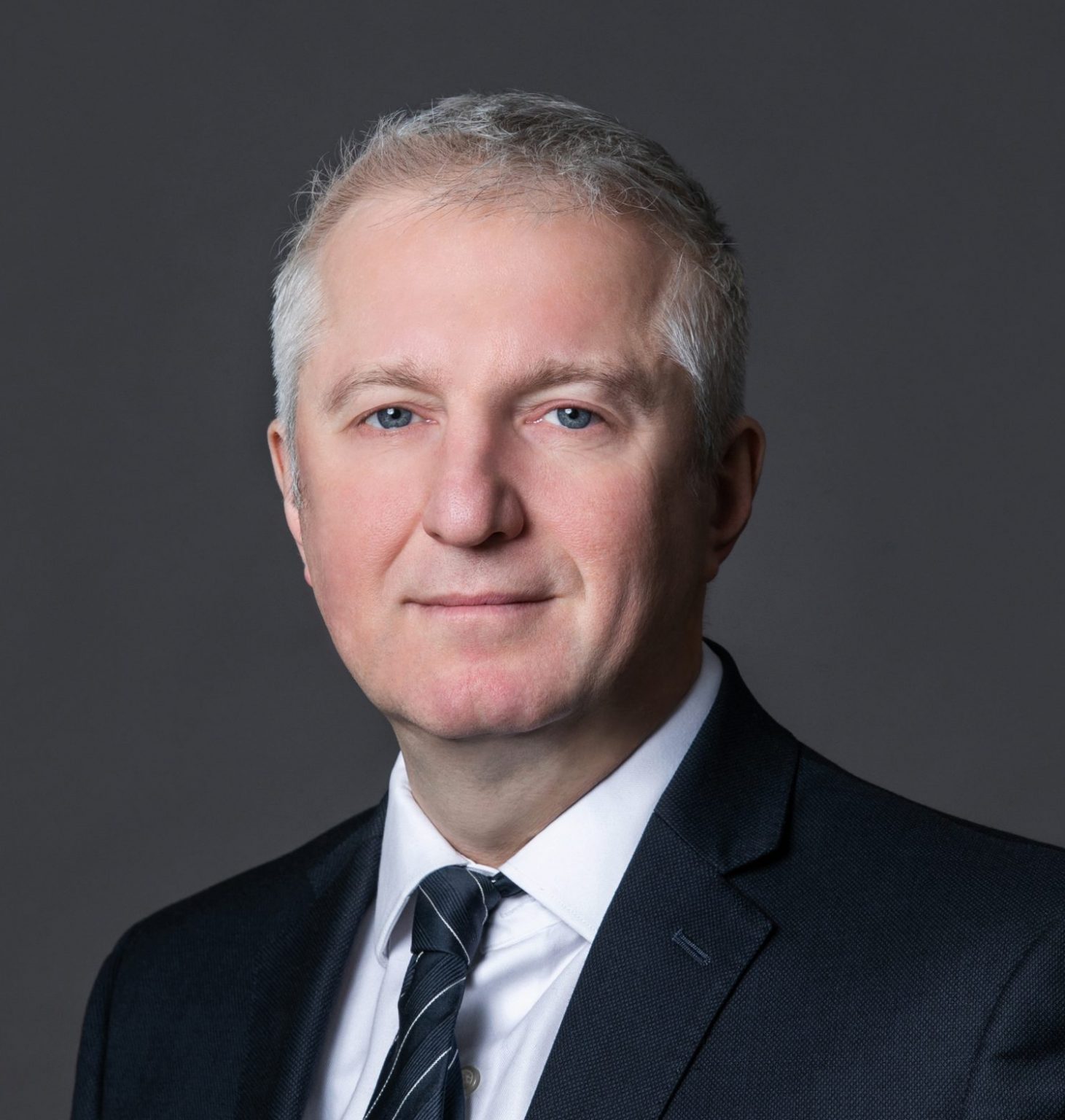Rosatom participated in the international conference “Perspective use of nuclear energy for peaceful purposes in sustainable development of Organization of Islamic Cooperation member states: international and national experience”, which was held in Samarkand, Uzbekistan. The event was organized by Uzatom, the Atomic Energy Agency at the Cabinet of Ministers of the Republic of Uzbekistan, with Rosatom acting as the conference partner.
Rafael Grossi, Director General of the International Atomic Energy Agency (IAEA), and Sama Bilbao y Leon, Director General of the World Nuclear Association (WNA) took part in the conference. The event also attracted experts, government officials, and business leaders from Central and South Asia, the Middle East, Russia, and China, as well as delegates from various international organizations.
The conference provided an important forum for discussing the role of nuclear energy in achieving sustainable development goals. Polina Lyon, Director of the Sustainable Development Department at Rosatom, addressed the conference and emphasized the unique contribution that nuclear power makes to tackling climate issues and fostering a green economy. “To confirm the green nature of the nuclear power and integrate clean nuclear energy into climate regulations on both the national and global levels is a vital objective for both advancing nuclear energy and achieving carbon neutrality targets pursued by numerous nations,” she said.
The conference speakers focused on the role of nuclear energy in catalyzing economic development. Attila Hudecz, representing Paks-2, delved into the opportunities that small and medium businesses have due to Rosatom’s project implementation in Hungary. He stated that participating in public tenders provides Hungarian and other European companies with the opportunity to actively participate in the NPP construction. “Large infrastructure projects, such as the construction of nuclear power plants, not only ensure a consistent energy supply for the nation but also has a substantial multiplier effect on the entire economy, fostering its growth and development”, he added.
The speakers from Rosatom also stressed that nuclear technologies have evolved beyond their initial use in the energy sector, now being employed in a wide range of high-tech industries, including medicine, agriculture, and manufacturing. Rosatom is eager to collaborate with partners in fields that contribute to scientific advancement and technological independence. A case in point is the cooperation with the Institute of Nuclear Physics, Uzbekistan, in organizing the participation in the Consortium based on the MBIR reactor, which will be the world's most powerful fast neutron research reactor.
The conference attendees had an opportunity to explore the integrated offer of Rosatom as well as its solutions for small nuclear generation presented at the exhibition booth of the corporation.
It is worth noting that Rosatom offers comprehensive support to its partners, including the development and growth of essential personnel. In this context, it is important to mention that in 2019, the National Research Nuclear University MEPhI (Rosatom’s flagship university) established its first foreign branch in Tashkent, which currently has approximately 300 enrolled students.
During the event held in Samarkand, the Tashkent branch of the National Research Nuclear University MEPhI hosted a scientific and technical conference on "Modern Challenges in Physics, Power and Thermal Engineering". The conference brought together experts from various academic institutions of Uzbekistan, Russia, China and France. Mikhail Chudakov, Deputy Director General of the IAEA and Vladimir Shevchenko, Rector of MEPhI, attended the event.
Reference
Rosatom is actively pursuing its international initiatives in the OIC region. Specifically, this includes the construction of three nuclear power plants: the Akkuyu NPP in Turkey, the El-Dabaa NPP in Egypt, and the Rooppur NPP in Bangladesh. The OIC countries are interested in exploring the potential of nuclear power as a reliable and ecofriendly source of electricity that could greatly enhance their energy infrastructure and bolster their national energy independence.
On May 27, 2024, during the official visit of the Russian President to Uzbekistan, in the presence of the leaders of both countries amendments were signed to the intergovernmental agreement on cooperation between Russia and Uzbekistan in the construction of a nuclear power plant in Uzbekistan. The amendments aim to enhance collaboration on the construction of a Russian-designed SMR-based NPP in Uzbekistan. On the sidelines of the event, Atomstroyexport (Rosatom’s Engineering Division) and the Directorate for NPP Construction of the Atomic Energy Agency at the Cabinet of Ministers of the Republic of Uzbekistan signed a contract for the construction of a nuclear power plant based on the SMR technology in Uzbekistan. The project envisages the construction of a nuclear power plant with a capacity of 330 MW in the Jizzakh region of Uzbekistan using Russian-developed SMR technology. The plant will have six reactors, each with a capacity of 55 MW. Rosatom will be the general contractor for the project, with local companies being involved in the construction process.
The project for the construction of the nuclear power plant in the Jizzakh region is based on the latest Russian development - the RITM-200N water-cooled reactor, the result of adapting innovative marine technology for land-based placement. The thermal capacity of the RITM-200N is 190 MW, the electrical capacity is 55 MW, and the service life is up to 60 years. The RITM-200 reactor, which is the basis of the RITM-200N reactor, was tested in harsh Arctic conditions aboard the latest Russian icebreakers. Since 2012, ten RITMs have been manufactured for the versatile icebreakers Arktika, Sibir, Ural, Yakutia, and Chukotka. Of these, three have already been put into operation and are successfully assisting ship convoys in the western Arctic.
Another NPP with the RITM-200N reactor is currently being constructed in the village of Ust-Kuyga, the Republic of Sakha (Yakutia). This power plant will supply electricity to manufacturing facilities, including the development of the Kyuchus, Deputatskoye and Tirekhtyakh deposits.
Russia is actively expanding its scientific cooperation with all interested nations and continuing to implement its major international projects. Rosatom and its companies are actively involved in these efforts.





